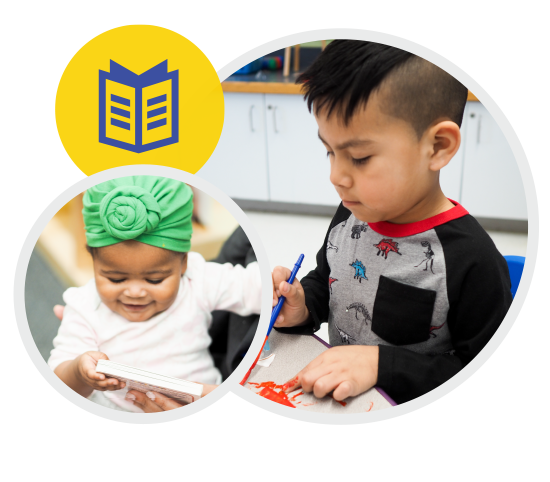WHO We Are:
LULAC offers high quality early childhood programs for children ages 8 weeks to 5 years old. LULAC is accredited by the National Association for the Education of Young Children (NAEYC) and licensed by the state of Connecticut’s Office of Early Childhood (OEC). LULAC welcomes and serves children of all abilities.
LULAC believes that children’s parents/guardians are their first teachers, and we partner with families in their child’s early childhood education to achieve better outcomes for children and their families in preparing them for kindergarten.
All enrolled children receive comprehensive child development services that address the needs of children and their families. The services include education, health, nutrition, mental health support, and family well-being. The program includes breakfast, lunch and snack at no additional cost to enrolled families. Income guidelines apply and family fees are determined on a sliding scale. All programs are funded through federal and state grants.
WHAT We Do:
The first five years of a child’s life are the foundation for their future development. Development during these years provides a strong foundation for their school readiness, success and lifelong learning.
All children are nurtured at LULAC for healthy development, and this early experience will benefit them for the rest of their lives. Research has shown that children who receive early childhood education can have better success and achievement in school.
LULAC works to support children’s development and learning in five main areas, with an emphasis on social-emotional learning. LULAC uses the Creative Curriculum, a research based early childhood curriculum that has been shown to improve learning outcomes in young children.
Areas of Children’s Development and Learning:
- Language and literacy development.
- Social and emotional development.
- Cognition and general knowledge (including early mathematics and early scientific development)
- Approaches toward learning.
- Physical well-being, including gross and fine motor development.

